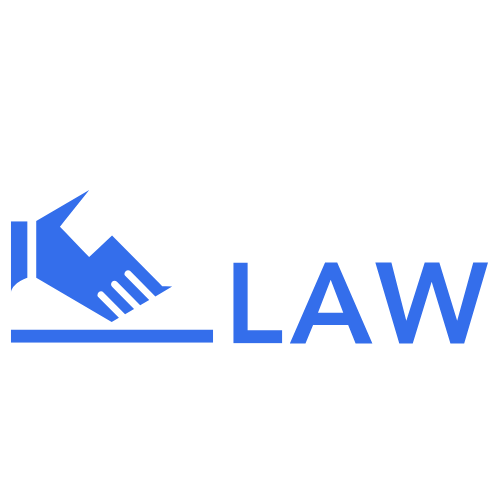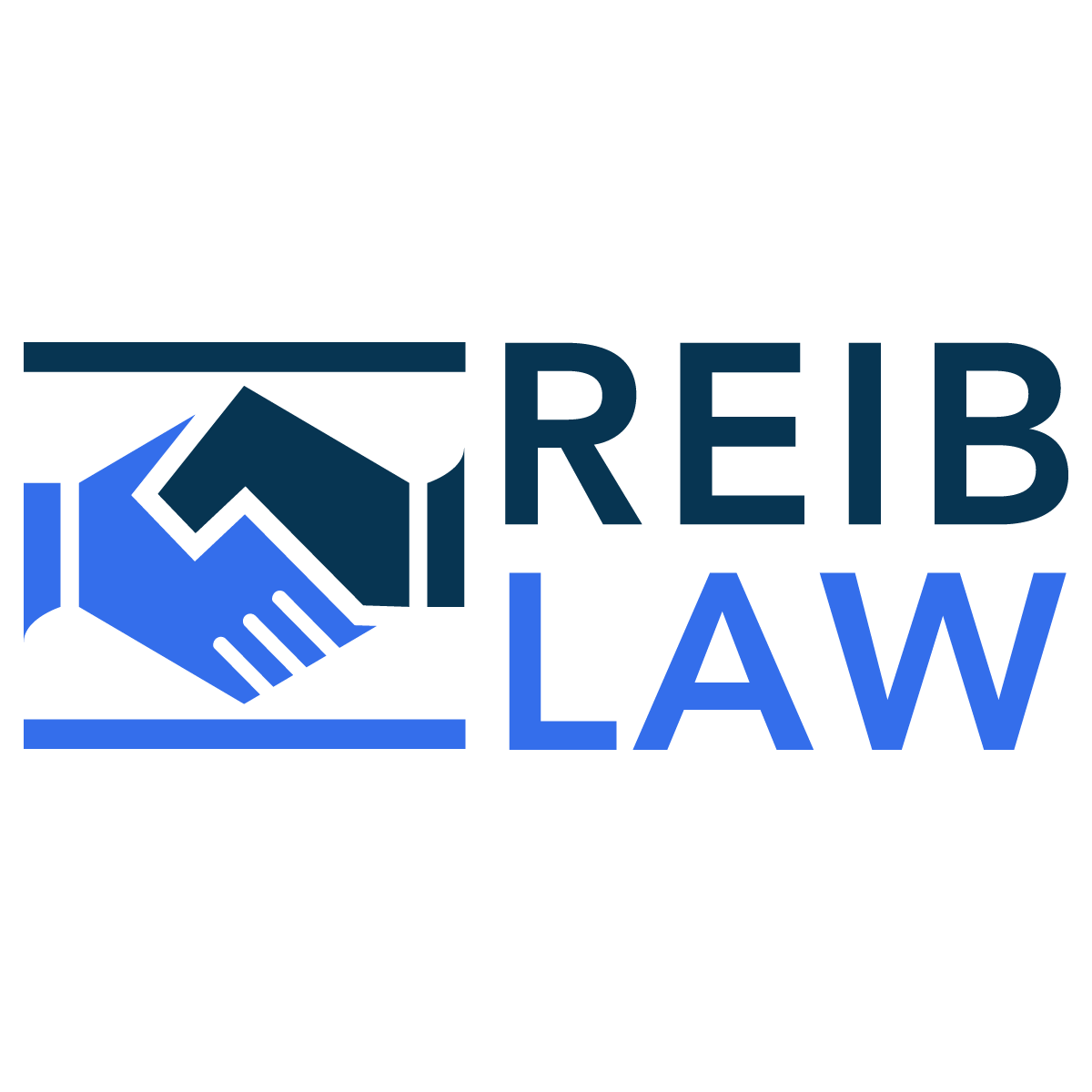Navigating Employment Law: Hiring and Managing Employees
Starting a small business is an exciting journey, but as you grow, so do your responsibilities. One of the most critical aspects of business expansion is hiring and managing employees. Navigating employment law is essential to ensure a smooth and legally compliant process. In this blog, we'll explore key aspects of hiring practices, employment contracts, and compliance with labor laws to help small business owners make informed decisions.
Hiring Practices
Recruitment Strategies: Begin by defining the job role and responsibilities clearly. Utilize various channels like online job boards, social media, and networking to attract potential candidates. Consider conducting interviews to assess qualifications, skills, and cultural fit.
Fair Hiring: It's vital to adhere to anti-discrimination laws during the hiring process. These laws prohibit discrimination based on factors such as race, gender, age, religion, or disability. Ensure your job postings, interviews, and selection process comply with these regulations.
Background Checks: When considering a candidate, perform background checks responsibly. Background checks should be relevant to the job and conducted consistently for all applicants. Be transparent with candidates about this process.
Employment Contracts
Offer Letters: Once you've identified the right candidate, provide a formal offer letter. This document should include key details like job title, salary, benefits, work hours, and the start date. Ensure clarity to prevent misunderstandings later.
Written Contracts: Depending on your location and the nature of the job, you may need a written employment contract. Contracts help protect both you and your employees by outlining expectations, terms of employment, and any confidentiality or non-compete clauses.
At-Will Employment: In many states in the US, employment is "at-will," meaning either the employer or the employee can terminate the relationship at any time, for any reason (with some exceptions). Specify the at-will nature of employment in your contracts if applicable.
Compliance with Labor Laws
Wage and Hour Laws: Familiarize yourself with federal, state, and local wage and hour laws. Ensure that you are paying employees at least the minimum wage, properly classifying employees as exempt or non-exempt for overtime purposes, and maintaining accurate payroll records.
Workplace Safety: Create a safe working environment for your employees by adhering to Occupational Safety and Health Administration (OSHA) regulations. Regular safety training and a well-documented safety policy can help prevent accidents and legal issues.
Family and Medical Leave: Understand the Family and Medical Leave Act (FMLA) and its requirements. Ensure eligible employees are provided with unpaid leave for qualified medical and family reasons.
Anti-Discrimination and Harassment Policies: Implement clear anti-discrimination and anti-harassment policies. Train employees and managers to recognize and address such issues promptly.
Employee Benefits: If you offer benefits like health insurance or retirement plans, ensure compliance with the Employee Retirement Income Security Act (ERISA) and other relevant laws.
Termination Procedures: When it becomes necessary to terminate an employee, follow proper procedures to avoid potential legal disputes. Provide written documentation and be prepared for possible unemployment claims.
Employee Records: Maintain accurate and up-to-date employee records, including personnel files, tax forms, and immigration documentation (if applicable).
Navigating employment law can be complex, but it's crucial for the success and sustainability of your business. Seeking legal counsel or consulting with experts in employment law can provide valuable guidance and ensure that your hiring and employment practices align with legal requirements. Remember that staying informed and proactive is the key to avoiding legal pitfalls and creating a productive, compliant, and harmonious work environment for your employees.
Ready to Ensure Legal Compliance and Success?
Your dedication to legal compliance will help your business thrive in a competitive landscape and create a positive reputation in the job market. To take the next step in securing your business's future success and legal compliance, schedule a consultation with Reib Law today. Our team is here to assist you in navigating the complexities of employment law and protecting your business interests. Your future success begins with a conversation. Contact us at https://www.reiblaw.com/contact


